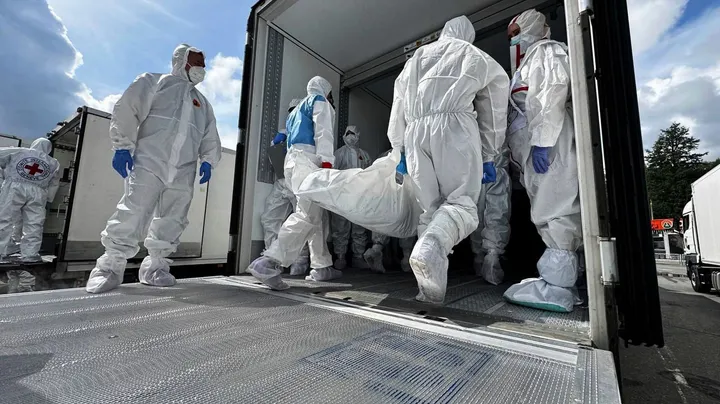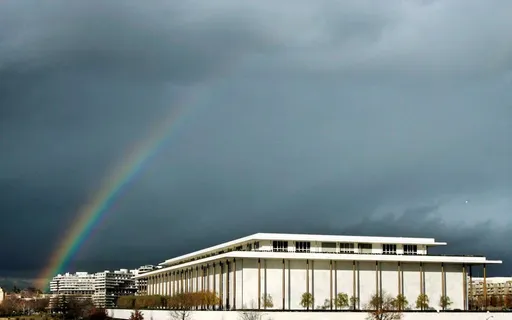Israeli Prime Minister Benjamin Netanyahu was forced into an embarrassing climbdown after praising the UAE as an “advanced democracy”.
In an interview with the UAE’s Sky News Arabia channel, the Likud leader praised the recent normalisation of ties between his country and Abu Dhabi.
“The deal connects the UAE with Israel; both of them are advanced democracies and their societies are advanced,” Netanyahu said, later sharing the clip to his Twitter account.
The description raised more than a few eyebrows on the social media network.
“Netanyahu said the UAE was an "advanced democracy". Many politicians just love brazenly insulting the common man's intelligence because they know that 99% of the time they'll get away with it.” The academic, Tallha Abdulrazaq, wrote on his Twitter account.
Shortly afterwards the video had disappeared - deleted by Netanyahu, possibly after fact-checking the UAE’s record on human rights, freedom of expression, and democracy.
Hereditary autocracy
While composed of seven nominally autonomous emirates, the UAE is dominated by the emirate of Abu Dhabi, due to its vast oil wealth and its larger landmass compared to the other members of the federation.
Rule in Abu Dhabi is completely autocratic but the current Emir Khalifa bin Zayed al Nahyan has delegated all but some ceremonial duties to his brother, Crown Prince Mohammed bin Zayed (MBZ).
Under MBZ, the UAE functions as a totalitarian state with the crown prince credited for having established an effective state surveillance apparatus.
While a Federal National Council, an equivalent to a parliament exists, its members are not necessarily voted in and can be appointed by each emirate. In any case, it does not have the power to set legislation or determine foreign policy.
Freedom of expression
While MBZ has marketed itself as a bulwark against so-called Islamists and a protector of the secular order, the UAE also persecutes civil society activists and pro-democracy campaigners.
Prominent jailed human rights activists include Ahmed Mansoor, a Martin Ennals award- winning campaigner who was jailed for condemning the treatment of another activist.
The campaign group ICFUAE, says that even those political prisoners who have served their sentences continue to be illegally held in UAE prisons.
A report in May by Americans for Democracy and Human Rights in Bahrain (ADHRB) said that Abu Dhabi was even going after family members of activists.
“The UAE’s police state not only punishes those who peacefully dissent, but harasses and abuses even those related to them, with their intolerance for criticism reaching comical proportions.” The report said.
According to US-based Freedom House, the UAE has a score of just 17, making it less free than Belarus.
Supporting warlords and dictators
Not satisfied with the lack of democracy and freedom within its own borders, the UAE has worked hard to stifle the grassroots pro-democracy movements that formed in the wake of the 2011 Arab uprisings.
In Egypt, the UAE bankrolled the 2013 coup in Egypt, which overthrew the country’s first and only democratically elected president, Mohamed Morsi, and installed the country’s current military dictator, Abdel Fattah el Sisi.
In his seven years in power, Sisi has overseen a clampdown on political and civil freedoms, and jailed tens of thousands of opposition activists.
Likewise in Libya, the UAE is arming and funding the warlord Khalifa Haftar as he tries to overthrow the legitimate UN-recognised government, known as the Government of National Accord, or GNA.
After reaching the edges of the capital, Tripoli, Haftar has been pushed back because of a GNA offensive backed by Turkish-supplied drones.
























